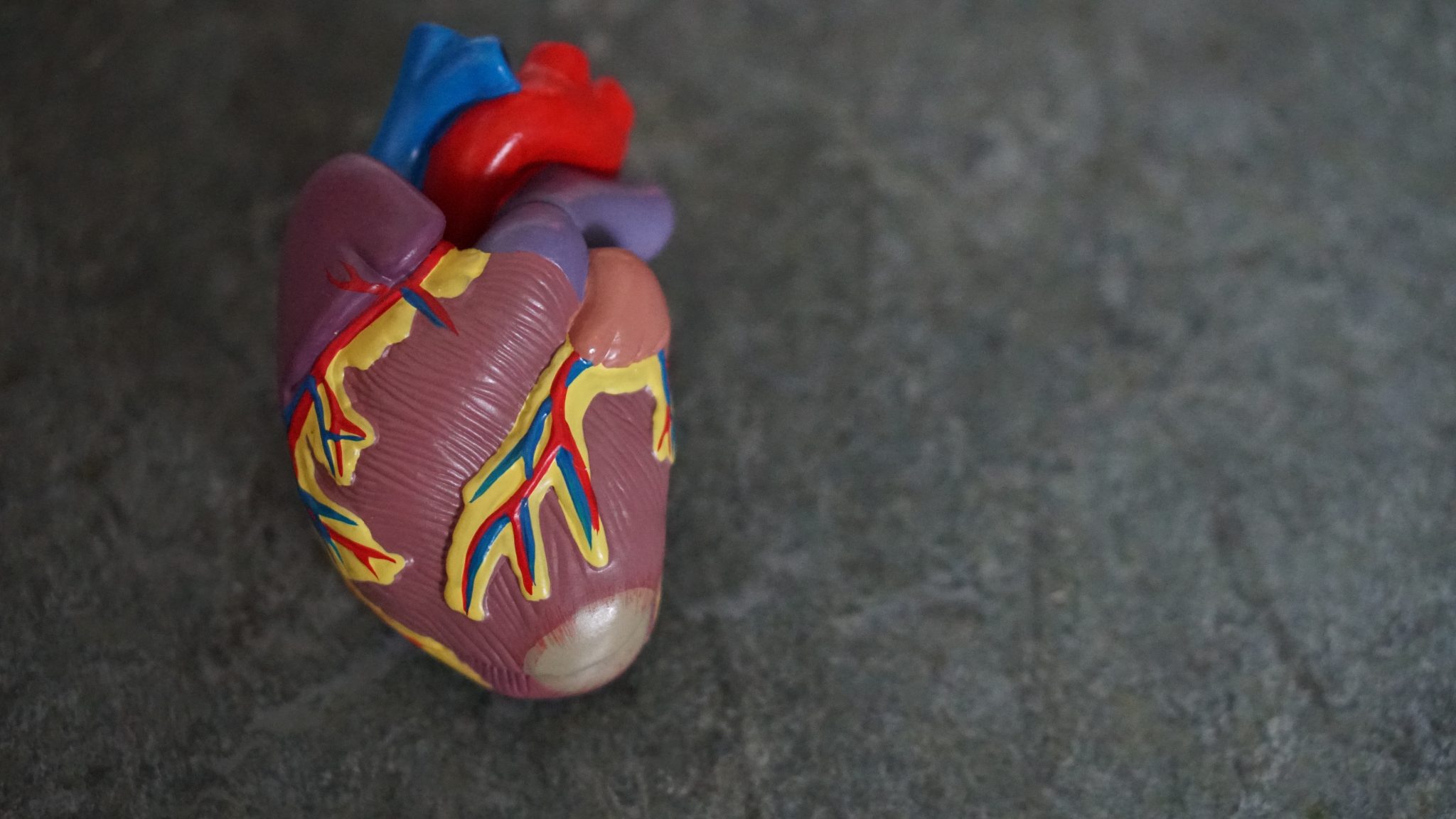Shortness of Breath and Cardiovascular Health
If you’ve ever experienced shortness of breath, you may have wondered if it could be related to your cardiovascular health. Some heart conditions can cause shortness of breath so it’s important to pay attention to this symptom.
Shortness of breath, also referred to as dyspnea, can be caused by a heart condition, especially if it comes on suddenly. Chronic shortness of breath may be due to other causes, but it’s best to see your doctor to determine the reason so you can take action for your health.
Since there are many reasons you can experience shortness of breath, we’ll go over the various causes and how you may be able to tell if it’s related to your cardiovascular health.
What Can Cause Shortness of Breath?
Most often, shortness of breath is related to conditions of the heart or lungs. However, there are times where you may experience occasional shortness of breath that are not a reason for concern. To figure out what could be causing your breathing difficulty, it helps to consider when and why it occurs.
What Can Cause Sudden Breathing Difficulties?
If your shortness of breath comes on suddenly, some of the possible causes are:
- Heart attack
- Heart failure
- Heart arrhythmia
- Asthma
- Pneumonia
- Pulmonary embolism
- Intense exercise
- Nasal congestion
A heart attack
can be preceded by a sudden shortness of breath along with overwhelming fatigue since your heart isn’t able to pump blood effectively. This indicator tends to be more common in women.
Heart failure
may be indicated by shortness of breath which is frequently brought on by physical activity. However, you can still experience breathlessness with no apparent reason, such as while resting, and may find it more difficult to breathe when lying flat.
Heart arrhythmia
is a heart condition where the heartbeat is abnormal and may be paired with shortness of breath.
Asthma
is commonly associated with shortness of breath as well as coughing and tightness in the chest.
Pneumonia
can cause a rapid heart rate along with breathing difficulties.
A pulmonary embolism
can cause sudden shortness of breath with chest pain and a cough.
Intense exercise
can leave you gasping for breath but as long as you are able to catch your breath shortly afterward, there is no reason to worry.
Nasal congestion
can cause shortness of breath if one nostril is clogged and you’re forced to breathe through just the other nostril. Again, this is not cause for concern since it is a temporary problem.
What Can Cause Chronic Breathing Issues?
If you’ve been experiencing chronic shortness of breath for over two weeks, it could be caused by:
- Asthma
- Being overweight or obese
- Smoking
- Being out of shape
Asthma
can cause sudden shortness of breath, as mentioned above, but since this condition is primarily associated with breathing difficulties it is often a chronic problem. Symptoms can arise when triggered by exertion, stress, allergies, or poor air quality.
Being overweight or obese
can cause breathlessness due to lack of oxygen in the blood, additional layers of fat on the neck, chest, and abdomen that interfere with breathing ability, or from hormones that play a role in breathing patterns. You may also notice sluggishness along with nighttime snoring or gasping for breath.
Smoking
can cause COPD, or chronic obstructive pulmonary disease, which can present as breathing difficulties, coughing, and wheezing. COPD can also increase the risk of heart disease.
Being out of shape
can cause shortness of breath upon exertion because your heart is deconditioned and must work harder.
What Can You Do to Help Prevent Shortness of Breath?
If you’re experiencing shortness of breath, there are some things you can do to help prevent or decrease reoccurrences.
To reduce the occurrence of shortness of breath, there are some lifestyle changes you can make:
- Improve your cardiovascular fitness.
- Pace yourself when doing physical labor.
- Decrease stress levels.
- Quit smoking.
Improving your cardiovascular fitness
can decrease shortness of breath due to many of the above listed causes. Since overexertion can be a trigger for breathlessness, check with your doctor to see if it is safe for you to exercise and at what intensity. As you improve your fitness level, you may be able to gradually increase the intensity and handle exertion better than before, which should decrease your breathless episodes.
Pace yourself when doing physical labor
because overexertion is one of the top triggers for shortness of breath when you have a heart condition. Take care not to push yourself too hard when exercising or doing any manual labor like yard work. Be sure to take frequent breaks and stay well hydrated.
Decreasing stress levels
can help prevent the anxiety and increased heart rate that can trigger shortness of breath. Do what you can to remove unnecessary stressors from your life and add in some relaxing practices to help you better manage unavoidable stress.Try practicing slow, steady breathing techniques to slow down a rapid heartbeat. Spend time with people and pets who make you feel good. Try out tai chi or yoga. Spend time each day doing something you find relaxing.
Quit smoking
since it can put a lot of strain on your heart, lead to COPD, and shortness of breath, as well as many other heath conditions. If you’re struggling with quitting, talk to your doctor for support and advice on how to increase your chances for success with ditching the habit.
What Should You Do if You Think Your Shortness of Breath is Heart-Related?
If you experience shortness of breath and you believe it isn’t due to one of the aforementioned short-term circumstances, like intense exercise or a stuffy nose, be sure to schedule an appointment with your doctor to get your heart checked out. Many of the causes of dyspnea are heart-related, whether directly or indirectly, so it’s best to play it safe and have your doctor examine you.
Seek immediate medical attention if your shortness of breath is accompanied by chest pain, nausea, faintness, mental confusion, blue lips or nails.
Summary
Now you know how shortness of breath can be related to your cardiovascular health. You also know the signals your body may be sending out to tell you that it needs some additional support for your cardiovascular health. You’ve seen how easy it can be to change some of your lifestyle habits to support a healthy heart and decrease the reoccurrence of dyspnea. Adding healthy amounts of physical activity and relaxation to your daily regimen can help alleviate or prevent some of the symptoms of poor cardiovascular health.
While a healthy diet and lifestyle are extremely helpful for a strong cardiovascular system, it’s important to seek out professional care if the problem persists. If you’re experiencing symptoms of poor cardiovascular health that don’t respond to diet and lifestyle changes, contact us today to book an appointment.





